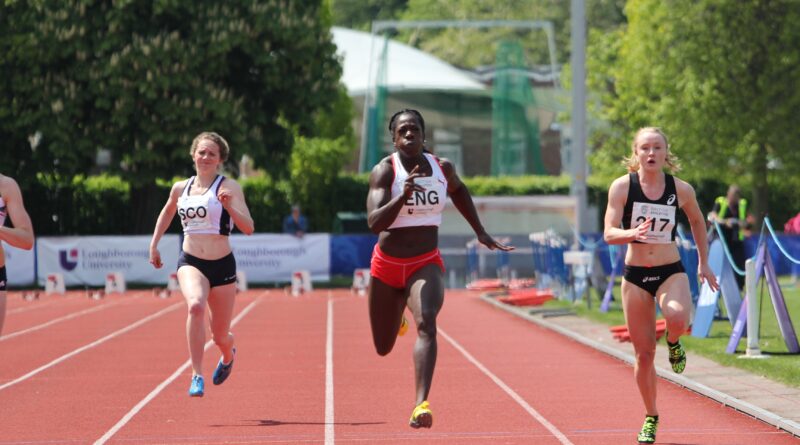Sports and Mental Health: Addressing the Psychological Well-being of Athletes
The world of sports is often associated with physical prowess and athletic achievement. However, the mental health of athletes is an equally significant aspect that requires attention and support. This piece explores the importance of addressing the psychological well-being of athletes, the unique challenges they face, and the strategies to promote mental well-being within the sporting community.
Pressure and Performance Expectations:
Athletes face immense pressure to perform at their best, both from external sources such as coaches, fans, and media, as well as internal expectations they place on themselves. The constant scrutiny and high-stakes competitions can lead to stress, anxiety, and performance-related mental health issues. It is essential to create an environment that recognizes the impact of this pressure and supports athletes in managing it effectively.
Transition and Identity:
Athletes often experience significant life transitions, such as retirement or transitioning from amateur to professional status. These transitions can disrupt an athlete’s sense of identity and purpose, leading to mental health challenges such as depression, loss of self-esteem, and a sense of loss. Supporting athletes during these transitions by providing resources, career guidance, and mental health support is crucial for their well-being.
Injury and Rehabilitation:
Sports-related injuries can have a profound impact on an athlete’s mental health. The physical pain, extended recovery periods, and the fear of re-injury can lead to anxiety, depression, and feelings of isolation. Providing comprehensive support systems that address both the physical and psychological aspects of injury rehabilitation is vital for an athlete’s recovery and mental well-being.
Social Support and Team Dynamics:
Athletes often form close-knit teams and rely on social support networks for motivation, camaraderie, and emotional well-being. Positive team dynamics, effective communication, and a supportive coaching staff contribute to a healthier team environment. Encouraging open dialogue, promoting mental health literacy, and fostering a culture of support within sports teams can enhance the psychological well-being of athletes.
Education and Awareness:
Raising awareness about mental health within the sporting community is crucial. Athletes, coaches, and support staff should receive education and training on mental health awareness, stress management, and seeking help. Normalizing conversations about mental health and reducing the stigma associated with seeking support can create a safe environment for athletes to discuss their challenges and access appropriate resources.
Holistic Approach to Athlete Development:
A holistic approach to athlete development involves recognizing that mental health is an integral component of overall well-being. Sports organizations should prioritize the mental health of athletes by integrating mental health professionals, such as sports psychologists, into the support system. Empowering athletes with skills like mindfulness, stress management techniques, and resilience training can enhance their mental well-being and performance.
Conclusion:
Addressing the psychological well-being of athletes is crucial for their overall health and performance. By acknowledging the unique challenges faced by athletes, promoting mental health awareness, and providing appropriate support systems, sports organizations can create a culture that prioritizes the mental well-being of athletes. By fostering an environment that supports open dialogue, reduces stigma, and provides access to mental health resources, we can ensure that athletes receive the care and support they need to thrive both on and off the field.









